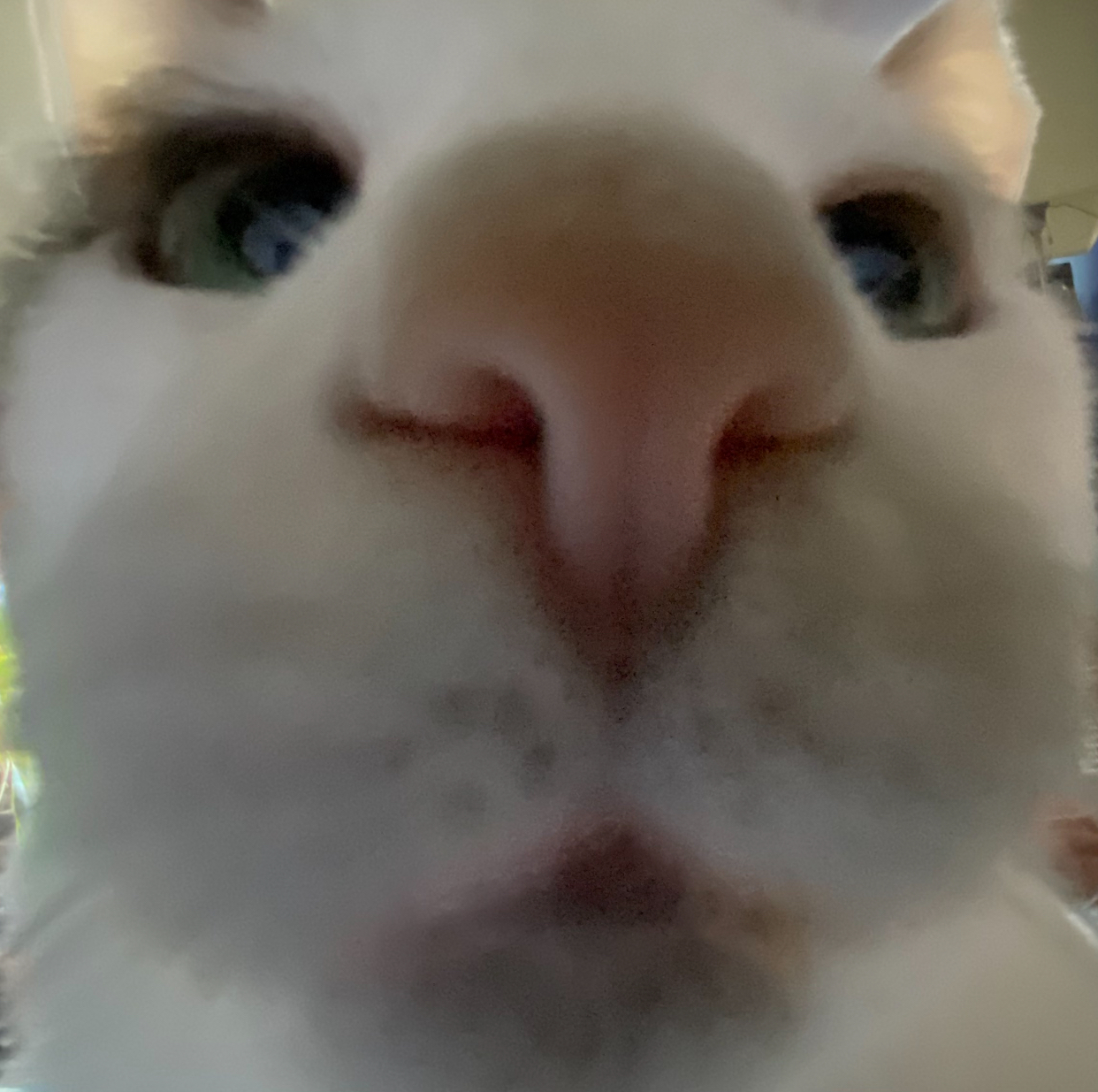A quick search suggests that the average American uses about 1.3 pounds of honey per year. If I’m 40 years old, and guess that I might live to be 80, that’s only 52 pounds of honey, which I could easily buy in bulk. Honey doesn’t expire, and even assuming the price doesn’t skyrocket from bee die-offs, inflation alone will make the price go up over time.
Does it make sense to buy all the rest of the honey I’ll ever need for the rest of my life, right now?
Honey can change consistency, depending on how it is packaged and stored. In addition, you have to consider the cost and risk of storing it. But if you think the bees are going to die off, it could be a lucrative investment.
My first thought was that of the cost of storing it. You never know when something will happen and all of your effort to store it is moot. Like if a natural disaster occurs and destroys your stash, or something happens and you must leave everything behind. Not a huge deal if you only have a few years of it, but a lifetime’s worth?
Removed by mod
Also cockroaches.
If the bees die off, you’re going to have a much bigger problem than lack of honey.
If storage space were free and limitless, maybe. Honey keeps forever in principle but that doesn’t mean your barrel could never be contaminated, broken into by bugs or rodents, etc.
Personally, I enjoy buying different varieties of honey, especially as it’s a craft which has been getting more popular and really taking off in “local food” culture. I don’t want to commit to a barrel of any one thing, and I’m also fairly sure that the honey I could buy in a barrel is not going to be the one I’d most enjoy, but some over filtered, over processed stuff.
So I say nay.
Do you really want to carry your lifetime supply of honey around with you every time you move apartment?
What other foodstuffs are you going to buy your lifetime supply of? Dried goods? Tins? You could get yourself a winnebago and fill it with all your lifetime’s worth of food or something, which would make lugging it all around with you forever easier. Just hope nobody nicks it.
Removed by mod
I don’t eat like this because I’m not fat
The bee die-offs, that one typically hears about, has nothing to do with honey bees. Honey bees don’t show any signs of going extinct. Its may of the other bee species, which are dying off. And that is bad because of the species liking different specific plants, which often rely on this bee species to be pollinated.
Some of this is because domesticated bees are filling the roles wild bees take. Some is temperature based, like bees just die at something like 55 or 60 degrees C. Hooray climate collapse!
Yeah - a lot of “save the bees” narratives omit the fact that honey bees are not indigenous to the US and displaced some species.
We should be just as concerned for wasps, who are essential to pollination.
i was with you until you got to the murder flies.
Baeus are absolutely adorable though, how could anyone hate a chubby wingless wasp?
Cookoo wasps are gorgeous.
Many solitary wasp species incapacitate and lay eggs in spiders - the spider bodies make tasty snacks for the babies. If you don’t like spiders - the enemy of your enemy?
It’s really only the social wasps that are aggressive though - which makes sense. They will sting and defend their hive with their lives, because that’s where their sisters and nieces live! But all wasp species are essential. We need paper wasps for pollination - even if a Polistes sting will ruin your day.
The latter wasp reminds me of what I was told is the “Jade beetle,” but which is apparently a “figeater beetle.”
If you like the green/iridescent, sweat bees are beautiful.
Common names for insects are very regional honestly. Ie, in my locale, we call “crane flies” “skeeter eaters.”
Or how “June bug”/“June beetle” covers hundreds of species.
All the honey I’ve ever bought has crystallized before I could get through the small bottle. Yeah, you can heat it, it’s a pain to have to deal with when I just want to use it. I’d rather buy what I need fresh.
One of our local honey dudes does 8 oz honey jars that are wider than they are tall. I like those.
Honey doesn’t expire but it crystalises giving it a different texture. You’d also have to check in on what happens to decades old honey
Not a lot. there was some honey in the tomb of an Egyptian mummy and they are it when they excavated him.
Having had a 50lb bucket of honey I can tell you that honey use goes up dramatically because you say to yourself “well I have so much I can just use it for this, and that, and a little more on my toast…” and then friends come around asking for a little here and a little there. Unless you can be super disciplined in a way that I cannot, 50 pounds will not last more that a couple years.
Do you actually eat 1.3 pounds a year tho? If so, then it does.
As a kid we had a neighbor that ran a bee-brothel and had hives all over the region. Since his hives would just sit on un-used corners of farmland, he would offer some honey annually as ‘rent’. (He was also generous with his boat so a couple waterskiing trips were also on the table).
We (2 parents, 4 kids) would get a 5 gallon can of honey every other year or so.
That has been over 45 years now and my father is still working through that supply. We put it in sealed mason jars and it has remained good all this time.
Removed by mod
That’s an old wives’ tale. Honey never spoils, it crystallizes. All you need to do is heat it to liquify. 3000 year old honey was found in an Egyptian tomb, and was still edible.
https://realrawhoney.co.uk/blogs-real-raw-honey-honey-in-ancient-egypt/
Removed by mod
I misunderstood “poor storage” as a temperature. Sure, if you don’t seal the container and an abundance of moisture is able to enter, that could cause spoilage. So if OP doesn’t keep their honey in a bucket in the basement they should be fine.
if OP doesn’t keep their honey in a bucket in the basement they should be fine
First time on the internet huh? Pretty good odds OP is right now trying to figure out where to store that 5-gallon bucket of honey he just purchased, and that basement is looking mighty tempting.
So, if it’s left?
God damn that works on so many different levels!
Sure you could. But I’ll offer a different perspective
All honey tastes different from different producers and areas, you’ll be missing out on some wonderful honey flavors if you buy that much in bulk. If it’s purely for sweetening, sure fine, do it. But if you want the flavor of honey, check out a farmers market and see what you’d be missing out on with bulk.
I’ve also heard that honey helps to confer resistance to allergies to things that were in the area where the honey was made. As such, OP might be missing out on environmental defense by not diversifying.
The idea did occur that I’d better be damn sure that I like whatever honey I’ll be eating for the rest of my life.
The issue with stuff like this is the high upfront cost, the hassle of storing the goods (correctly), and the fact that you could just put the same money into some stable stocks and likely be better off buying honey as needed. But I’m sure if you research it hard enough you can set yourself up for a good deal, barring catastrophy.
No.
Once Honey 2.0 comes out in 20 years, your stock in Honey 1.0 will be worthless :(
Just crush up Viagra in it and sell it as sex honey.








